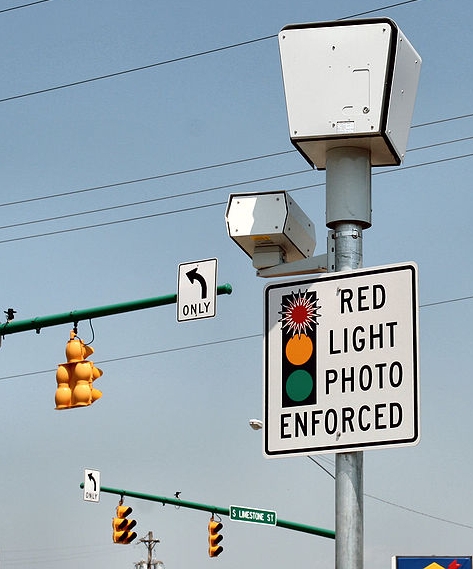Free Will ≈ Determinism, F.A.P.P.
Free will is a topic as old as the hills. We all act as though we’ve got it, but established science gives this slim probability. Trouble is, if we admit that it doesn’t exist, what are we left with? What about laws, and morals, and personal responsibility? If we decide our perception of free will is wrong, moral and judicial havoc would ensue, obviously.
Or would it? If the tacit assumption of free will were gone tomorrow, what would really change? The answer, I think, is almost nothing. This is because the social mechanisms that we think of as consequences of good or bad behaviour are as much the cause of that behaviour as the result of it.

Consider speeding tickets. The point of speeding tickets is not the satisfaction of punishing miscreant drivers. The point is to prevent people from speeding in the first place. Now, supposing there’s no free will; speeding or not is strictly determined by genetic and environmental conditions. Should we waive the speeding ticket, then, because the driver is not ‘personally responsible’, being a completely deterministic humanoid robot that is merely taking in impressions and reacting to existing conditions outside and inside its own brain? No. Because one of those conditions is the possibility of getting caught and having to pay for it.
Another of those conditions is the social cost of speeding and endangering other people’s lives. Morals are more complex than laws, but, in this case, not by much. Human moral instincts can be plausibly traced to evolutionary history, because they tend to promote our ability to work together by bringing social sanction against antisocial behaviour. Following the still-controversial but nevertheless intuitively simple and mathematically demonstrable logic of group selection, early humans had a better chance of surviving and spreading their genes and cultural habits if they had a set of innate rules that would automatically encourage contributing to the collective good, punishing cheaters and freeloaders, caring for children, and sharing food and skills.
We are all immensely fortunate that these particular features of evolutionary adaptation also tend to encourage more pleasant behaviour, by and large. Morals, too, would be changed little in a deterministic world. Free will or no free will, it is still an advantage to be kind to your neighbour, do your share of work, and generally try to get along with people, and it is still beneficial to have social mechanisms that encourage these things.
So does the question of free will matter? Certainly. Just not when it comes to morals and justice. Systems of morals and justice exist to guide behaviour in beneficial ways, and to the extent that they succeed at this, free will is irrelevant. To the extent that they fail at it, we are better off without them. Our relationship to anti-social behaviour may be much more effective, and more compassionate, if we gave up the extremely naive notion of free choice that we currently assume — a notion which has already been made obsolete by experimental evidence of just how much of our behaviour is directed by unconscious, autonomous parts of ourselves.
Physics has an acronym that captures the question of practical relevance nicely: FAPP, or For All Practical Purposes. Quantum mechanics works very well, FAPP, despite the gaping ontological discontinuity in its basement. Thanks to this, physicists can get on with calculating things rather than sitting around all day scratching their heads over the measurement problem and eventually giving up and becoming professional philosophers (as some of them, in fact, do).
What about the non-practical purposes? Like the foundations of quantum mechanics, free will is a deeply interesting subject of great non-practical import. There are huge contradictions between a strictly materialist view of reality (in the narrow sense that is usually used in scientific dialogue) and free will, but there is also a strong possibility that this strictly materialist view will have to be adjusted to make way for a fully rational understanding of consciousness. And free will, of a limited sort, just might find a way in there at the same time.
